Home>Home Maintenance>Home Inspection Repairs: Who Pays
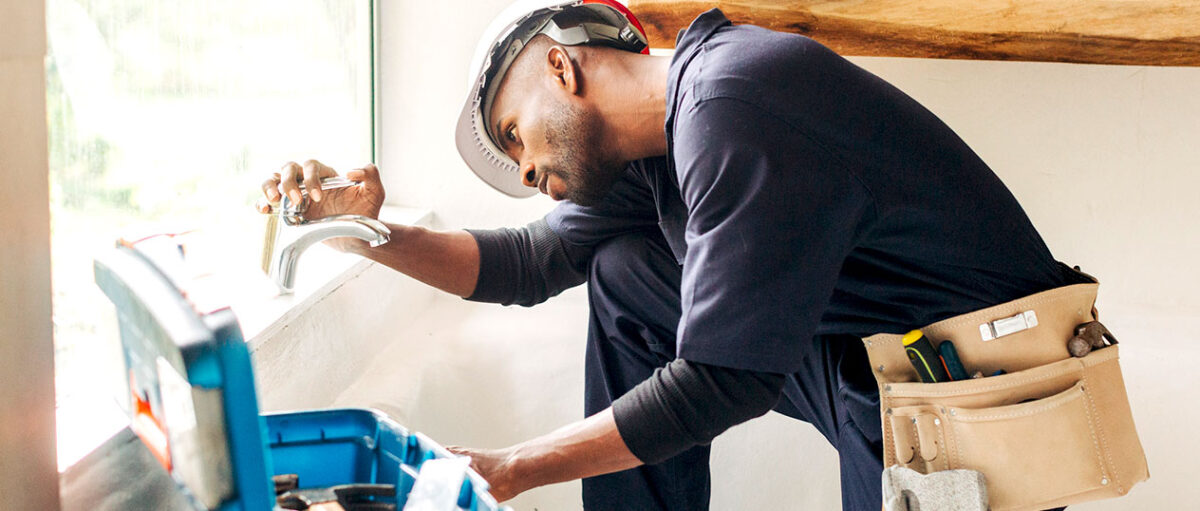

Home Maintenance
Home Inspection Repairs: Who Pays
Modified: March 6, 2024
Unsure who should cover the costs of home inspection repairs? Discover who pays for home maintenance expenses in this comprehensive guide.
(Many of the links in this article redirect to a specific reviewed product. Your purchase of these products through affiliate links helps to generate commission for Storables.com, at no extra cost. Learn more)
Introduction
Welcome to the world of home inspections and repairs! If you’re in the process of buying or selling a home, it’s important to understand the ins and outs of home inspection repairs. This article will guide you through the various responsibilities and considerations involved in determining who pays for these repairs. So let’s dive in and explore the fascinating world of home inspection repairs!
Home inspections play a crucial role in the home buying process. They provide buyers with an in-depth assessment of the property’s condition, highlighting potential issues and necessary repairs. While sellers are typically not obligated to make repairs, negotiations around repairs often arise between buyers and sellers. It’s important to have a clear understanding of the responsibilities and expectations when it comes to home inspection repairs.
Before we delve into the specifics, it’s essential to note that the laws and regulations surrounding home inspections and repairs can vary depending on your location. It’s always wise to consult with a local real estate professional or attorney to ensure compliance with local regulations.
Now, let’s explore the key aspects of home inspection repairs, starting with understanding the responsibilities of both buyers and sellers.
Key Takeaways:
- Buyers should carefully review the home inspection report, prioritize essential repairs, and negotiate in good faith to ensure their safety and satisfaction in the property purchase process.
- Sellers have a responsibility to provide full disclosure, negotiate repairs in good faith, and complete agreed-upon repairs to enhance the marketability of their property and foster a successful transaction.
Read more: Who Pays For The Home Inspection
Importance of Home Inspection Repairs
Home inspection repairs are of paramount importance for both buyers and sellers in a real estate transaction. For buyers, a thorough home inspection helps identify any existing or potential issues with the property, allowing them to make informed decisions before finalizing the purchase. On the other hand, sellers can benefit from addressing these repairs to increase the marketability of their property and build trust with potential buyers. Let’s take a closer look at why home inspection repairs matter.
1. Buyer’s Peace of Mind: A home inspection report provides buyers with a comprehensive evaluation of the property’s condition. Knowing about any potential problems can help buyers make informed decisions, whether it’s negotiating repairs, requesting a price reduction, or even backing out of the deal altogether. This knowledge can give buyers peace of mind and confidence in their investment.
2. Identifying Safety Hazards: Home inspection repairs are crucial for identifying safety hazards that may pose risks to occupants. Issues like electrical problems, plumbing leaks, faulty HVAC systems, or structural damage can compromise the safety and well-being of those residing in the property. Fixing these issues ensures a safe living environment for the buyers.
3. Preventing Costly Repairs in the Future: Addressing repairs identified during a home inspection can save buyers from unexpected and costly repairs down the line. Small issues, if left unattended, can turn into major problems that require extensive repairs and significantly impact the property’s value. By taking care of these repairs upfront, buyers can avoid potential financial burdens and ensure the longevity of their investment.
4. Increasing Property Value: Sellers should view home inspection repairs as an opportunity to increase the marketability and value of their property. By investing in necessary repairs, sellers can present the property in its best condition and attract potential buyers. A well-maintained and problem-free property is more appealing to buyers and can potentially lead to a quicker and more profitable sale.
5. Building Trust and Transparency: Addressing home inspection repairs demonstrates a seller’s commitment to transparency and honesty. Buyers appreciate sellers who are proactive in resolving issues and are more likely to trust and feel more comfortable about proceeding with the purchase. This trust can promote smoother negotiations and facilitate a positive experience for both parties involved.
Now that we understand the importance of home inspection repairs, let’s explore the responsibilities of both buyers and sellers when it comes to these repairs.
Understanding the Responsibilities
When it comes to home inspection repairs, it’s important to have a clear understanding of the responsibilities of both buyers and sellers. While the specific details can vary based on local regulations and contractual agreements, here are the general guidelines for each party:
Buyer’s Responsibilities:
- Review the Home Inspection Report: Once the home inspection is completed, the buyer should carefully review the inspection report. This report will highlight any issues or repairs that need attention.
- Prioritize Repairs: Buyers should determine which repairs are essential and which can be addressed at a later time. It’s important to focus on safety hazards, structural issues, and major systems like HVAC, plumbing, and electrical.
- Seek Professional Advice: Buyers should consult with experts, such as contractors or specialists, to assess the severity and cost of the repairs. This will help in determining whether to negotiate with the seller or handle the repairs independently.
- Negotiate Repair Requests: Buyers can submit a repair addendum or request to the seller, outlining the repairs they would like the seller to address. This negotiation process involves determining who will cover the costs and how the repairs will be carried out.
- Evaluate Seller’s Response: The buyer should carefully evaluate the seller’s response to the repair requests. Sellers may agree to make some or all of the requested repairs, offer a credit or price reduction, or reject the requests. This negotiation phase can involve back-and-forth communication between the buyer and seller.
- Choose Qualified Professionals: If the seller agrees to make the repairs, the buyer should ensure that qualified professionals are hired for the job. This helps ensure that the repairs are completed correctly and meet the necessary standards.
Seller’s Responsibilities:
- Provide Accurate Disclosure: Sellers have a legal responsibility to disclose any known issues or defects about the property. This includes sharing any previous repairs or renovations that have been done.
- Cooperate with the Home Inspection: Sellers should facilitate the process by granting access to the property for the home inspection to take place.
- Review Repair Requests: Once the buyer submits their repair requests, the seller should review and consider these requests carefully. They can seek advice from their real estate agent or legal counsel to evaluate the reasonableness and impact of the requests.
- Negotiate Repair Requests: Sellers can respond to the repair requests by agreeing to make all, some, or none of the requested repairs. Alternatively, they may offer a credit or price reduction as an alternative solution. The negotiation process involves finding a mutually agreeable resolution.
- Complete Agreed-upon Repairs: If the seller agrees to make the repairs, it is their responsibility to ensure that the agreed-upon repairs are completed before the closing date. This may involve hiring qualified professionals or providing any necessary documentation of repairs.
- Provide Documentation: Sellers should provide documentation or receipts for completed repairs to the buyer for verification and peace of mind.
Understanding the responsibilities of both buyers and sellers is essential for a smooth negotiation process regarding home inspection repairs. Next, let’s explore the process of negotiating repairs and costs.
Negotiating Repairs and Costs
Once the buyer has reviewed the home inspection report and identified the necessary repairs, the next step is to negotiate with the seller regarding these repairs and the associated costs. Negotiating repairs and costs can be a delicate process, and here are some key points to consider:
1. Reasonableness: Buyers should ensure that their repair requests are reasonable and focused on essential repairs. It’s important to differentiate between cosmetic issues that can be addressed later and major repairs that affect the property’s functionality and safety.
2. Scope and Timing: Clearly outline the scope of the repairs and the desired timeline for completion. This will help the seller understand the extent of the work involved and any potential disruptions to their schedule.
3. Get Estimates: It’s beneficial for both parties to obtain estimates from qualified professionals for the repairs. This will provide a more accurate understanding of the expected costs and assist in the negotiation process.
4. Assess Financial Impact: Sellers need to assess the financial impact of the requested repairs. They may consider factors such as the property’s listing price, their budget, and the potential effect on the sale. Buyers should also be mindful of the seller’s financial circumstances and negotiate in good faith.
5. Alternative Solutions: If the seller is hesitant to make all the requested repairs, alternative solutions can be explored. For example, the seller may offer a credit towards closing costs or reduce the sale price to compensate for the repairs the buyer will need to undertake.
6. Inspection Contingencies: The purchase agreement may include inspection contingencies, allowing the buyer to back out of the deal or renegotiate based on the inspection results. These contingencies provide buyers with flexibility in the negotiation process.
7. Professional Mediation: In cases where there is a significant disagreement between the buyer and seller, it may be beneficial to involve professionals like real estate agents or attorneys to mediate the negotiation process. Their expertise can help find a fair resolution for both parties.
8. Keep Emotions in Check: It’s crucial for both buyers and sellers to keep emotions in check during the negotiation process. Being respectful, open-minded, and maintaining good communication can go a long way in reaching a satisfactory agreement.
Remember, negotiation is a give-and-take process, and compromise is often necessary. Both parties should be willing to find a fair and reasonable middle ground that meets their respective needs and expectations.
Now that we have explored the negotiation process, let’s delve into the specific responsibilities of the seller and buyer when it comes to home inspection repairs.
Seller’s Responsibilities
As a seller, there are several essential responsibilities when it comes to home inspection repairs. Understanding these responsibilities will help ensure a smooth and successful transaction. Here are the key responsibilities of the seller:
- Provide Full Disclosure: Sellers have a legal and ethical obligation to disclose any known defects or issues with the property. This includes sharing information about previous repairs or renovations. It’s important to be transparent to avoid any potential legal issues down the line.
- Cooperate with the Home Inspection: Sellers should make arrangements to allow the home inspection to take place. This includes providing access to all areas of the property so that the inspector can assess its condition thoroughly. Being cooperative during this process helps facilitate a smooth transaction.
- Review the Inspection Report: Once the inspection is complete, sellers should carefully review the inspection report. This will give them an understanding of any issues or repairs that the buyer may request. It’s important to take the report seriously and consider the buyer’s concerns.
- Consider Repair Requests: Sellers should consider the repair requests made by the buyer. It’s essential to evaluate the reasonableness and validity of these requests. Seeking advice from a real estate agent or legal counsel can provide guidance in determining which repairs to address.
- Negotiate Repairs: Communication is key during the negotiation process. Sellers should be open to discussing the requested repairs with the buyer. This may involve accommodating some or all of the requests, proposing alternative solutions, or countering with a reduced credit or price reduction.
- Complete Agreed-upon Repairs: If the seller agrees to make repairs, it is their responsibility to ensure that these repairs are completed before the closing date. Hiring qualified professionals and keeping documentation of the repairs is important to demonstrate compliance and provide peace of mind to the buyer.
- Provide Documentation: Sellers should provide documentation or receipts for the completed repairs to the buyer. This documentation serves as proof that the agreed-upon repairs have been carried out and helps build trust during the transaction.
Abiding by these responsibilities as a seller will help foster a positive relationship with the buyer and facilitate a smooth and successful transaction. It is important to remember that fulfilling these responsibilities demonstrates your commitment to transparency and ensures a fair and satisfactory outcome for both parties involved.
Now that we have covered the seller’s responsibilities, let’s shift our focus to the buyer’s responsibilities in the context of home inspection repairs.
When negotiating home inspection repairs, it’s important to consider the local real estate market and the terms of the purchase agreement. Typically, the buyer asks for repairs or a credit, but ultimately it’s up to both parties to come to an agreement.
Read more: Divorced: Who Pays For Home Repairs
Buyer’s Responsibilities
As a buyer, you have certain responsibilities when it comes to home inspection repairs. Understanding and fulfilling these responsibilities will help ensure a smooth and successful transaction. Here are the key responsibilities of the buyer:
- Review the Home Inspection Report: After the home inspection is completed, carefully review the inspection report. This report will provide detailed information about any issues or repairs that need attention. Take the time to understand the findings and consult with professionals if needed.
- Prioritize Repairs: Assess the inspection report and determine which repairs are essential and which ones can be addressed later. Understand that minor cosmetic issues may not be a priority compared to safety hazards or major structural concerns. Focus on repairs that affect the property’s functionality and safety.
- Seek Professional Advice: If you are unsure about the severity or cost of the repairs, consider seeking advice from qualified professionals. Contractors, specialists, or other relevant experts can provide valuable insights and help you make informed decisions during the negotiation process.
- Negotiate Repair Requests: Prepare a repair addendum or request outlining the repairs you would like the seller to address. Clearly communicate your expectations and the reasons behind your requests. Be open to negotiation and consider potential compromises to reach a mutually satisfactory agreement.
- Evaluate Seller’s Response: Once you submit your repair requests, carefully evaluate the seller’s response. They may agree to make some or all of the requested repairs, offer an alternative solution, or reject the requests. Consider the seller’s willingness to address the repairs and negotiate in good faith to reach a fair resolution.
- Choose Qualified Professionals: If the seller agrees to make the repairs, make sure to choose qualified professionals to carry out the work. Hiring reputable contractors with relevant expertise will ensure that the repairs are done correctly and meet the necessary standards.
- Be Prepared for Unforeseen Issues: Keep in mind that the repair process may uncover additional issues that were not initially identified in the home inspection report. Be prepared to reassess and negotiate any new repairs that may arise during the process.
By fulfilling these responsibilities, you can navigate the home inspection repair process more effectively, make informed decisions, and ensure that your needs and concerns as a buyer are addressed. Remember that open communication, flexibility, and a willingness to negotiate are key elements in reaching a satisfactory agreement with the seller.
Now that we have covered both the seller’s and buyer’s responsibilities, let’s move on to discussing contingencies and the role of inspection reports in the negotiation process.
Contingencies and Inspection Reports
In real estate transactions, contingencies play a significant role in protecting both buyers and sellers. These contingencies provide a means for either party to negotiate or withdraw from the deal based on the results of a home inspection. Inspection reports are crucial in determining the condition of the property and identifying necessary repairs. Let’s explore the relationship between contingencies and inspection reports:
1. Inspection Contingency: When a buyer submits an offer to purchase a property, they often include an inspection contingency as part of their offer. This contingency allows the buyer to hire a professional home inspector to conduct a thorough examination of the property’s condition. The timeframe for completing the inspection is typically specified in the purchase agreement.
2. Purpose of Inspection: The primary purpose of a home inspection is to assess the property’s condition and identify any defects or issues. The inspector will thoroughly examine various aspects of the property, including the structural elements, electrical systems, plumbing systems, HVAC, roofing, and more. The resulting inspection report provides a detailed summary of the inspector’s findings.
3. Reviewing the Inspection Report: Once the inspection report is available, the buyer should carefully review its contents. The report will highlight any existing or potential issues with the property, including necessary repairs. It’s important for buyers to understand the scope and severity of these issues, seeking further clarification from the home inspector if needed.
4. Negotiation Process: Armed with the inspection report, the buyer can enter into negotiations with the seller regarding repairs and associated costs. The buyer may request that the seller address the necessary repairs or provide a credit or price reduction to compensate for the repairs. The inspection report serves as supporting documentation during this negotiation process, providing evidence of the identified issues.
5. Contingency Removal or Renegotiation: Based on the negotiation outcome, the buyer has a choice to either remove the contingency and proceed with the purchase, or renegotiate the terms of the agreement based on the inspection report’s findings. If the buyer and seller cannot reach a satisfactory resolution, the buyer may have the option to withdraw from the deal and have their earnest money deposit refunded.
6. Seller’s Response: Sellers should carefully consider the inspection report and review the repair requests submitted by the buyer. They can seek advice from their real estate agent or legal counsel to evaluate the reasonableness of the requests. Sellers may agree to address the requested repairs, offer alternative solutions, or negotiate further to reach a mutually acceptable outcome.
7. Reassessing the Purchase Agreement: If the parties reach an agreement on repairs and associated costs, the purchase agreement may need to be amended to reflect the updated terms. It’s important to ensure that any agreed-upon repairs are included in the revised agreement to provide clarity and prevent future disputes.
Contingencies and inspection reports are critical components of a real estate transaction, providing buyers and sellers with protection, the opportunity to negotiate repairs, and the ability to make informed decisions. Both parties should carefully review the inspection report, engage in open communication, and work towards a fair resolution in light of the report’s findings.
Now, let’s explore some common repair requests that buyers may make based on inspection reports.
Common Repair Requests
When reviewing an inspection report, buyers may identify various issues or defects with the property that warrant attention. Based on these findings, buyers may submit repair requests to the seller. While the specific repair requests can vary depending on the property and its condition, here are some common repair requests that buyers may make:
- Structural Repairs: If the inspection identifies any structural issues, such as foundation cracks, sagging beams, or roof damage, buyers may request that these repairs be addressed. Structural integrity is crucial for the safety and long-term stability of the property.
- Electrical Repairs: Any electrical issues found during the inspection, such as outdated wiring, malfunctioning outlets, or inadequate grounding, may prompt buyers to request electrical repairs. Addressing these issues ensures the safety and functionality of the electrical system.
- Plumbing Repairs: Plumbing problems, such as leaks, water pressure issues, or faulty fixtures, are common repair requests. Buyers may request that these plumbing issues be fixed to avoid water damage, improve efficiency, and prevent future costly repairs.
- HVAC Repairs: Inefficient heating, ventilation, and air conditioning (HVAC) systems can impact comfort and energy efficiency. Buyers may request repairs or servicing of the HVAC system, including cleaning, repairs, or upgrading to more energy-efficient models.
- Roof Repairs: Issues with the roof, such as damaged shingles, leaks, or structural damage, often result in repair requests. The roof is a critical component of the property and needs to be in good condition to protect against water damage and other issues.
- Moisture and Mold Remediation: If the inspection uncovers moisture issues or mold growth, buyers may request remediation to address the underlying cause, improve indoor air quality, and prevent potential health hazards.
- Appliance Repairs or Replacements: If appliances included in the sale, such as a dishwasher, refrigerator, or stove, are found to be inoperable or malfunctioning, buyers may request repairs or replacement prior to closing.
- Cosmetic Repairs: While not typically deal-breakers, buyers may still request minor cosmetic repairs, such as fixing chipped paint, replacing cracked tiles, or repairing minor drywall damage.
These are just some examples of common repair requests that buyers may make based on their inspection reports. It’s important to prioritize essential repairs that impact the property’s safety, functionality, and longevity. Sellers should carefully consider these requests and negotiate in good faith to reach a fair resolution.
Next, let’s explore the potential disputes that can arise during the negotiation process and how to resolve them.
Disputes and Resolutions
During the negotiation process for home inspection repairs, it’s not uncommon for disputes to arise between buyers and sellers. Disagreements can occur regarding the scope of repairs, the extent of responsibility, and the associated costs. However, with effective communication and a willingness to find common ground, most disputes can be resolved amicably. Here are some strategies for resolving disputes:
1. Open Communication: Maintain open and honest communication between both parties. Clearly express your concerns, needs, and expectations. Listen actively to the other party’s viewpoint and try to understand their perspective. Effective communication can help find common ground and lead to a mutually satisfactory resolution.
2. Seek Mediation: If a dispute becomes challenging to resolve directly between the buyer and seller, consider engaging a neutral third party to mediate the negotiation process. A real estate agent, attorney, or professional mediator can help facilitate discussions and find a fair resolution that satisfies both parties.
3. Compromise and Flexibility: Understand that compromises may be necessary to reach a resolution. Both buyers and sellers should be willing to find middle ground and make concessions. Flexibility in terms of repairs, costs, or alternative solutions can help overcome disputes and keep the transaction moving forward.
4. Prioritize Essential Repairs: Focus on addressing repairs that are essential for safety, functionality, and compliance with building codes. By prioritizing these repairs, both parties can work towards a resolution that ensures the property’s long-term value and the well-being of its occupants.
5. Obtain Multiple Quotes: In situations where there is a disagreement over repair costs, consider obtaining multiple quotes from qualified professionals. This can provide a more accurate and objective assessment of the costs involved and help facilitate a fair resolution.
6. Renegotiate the Agreement: If disagreements persist and an agreement cannot be reached on the repair requests or associated costs, consider renegotiating the terms of the agreement. This could involve adjusting the sale price, providing a credit at closing, or exploring other alternative solutions that are mutually acceptable.
7. Legal Advice: In certain situations, seeking legal advice may be necessary to resolve disputes. Real estate attorneys can provide guidance based on local laws and regulations and help protect your rights and interests throughout the negotiation process.
Remember, disputes are not uncommon in the negotiation process for home inspection repairs. However, by maintaining open communication, being flexible, and seeking fair solutions, most disputes can be successfully resolved. The goal is to reach a mutually satisfactory agreement that addresses the concerns of both the buyer and the seller.
Now, let’s wrap up this discussion on home inspection repairs.
Conclusion
Home inspection repairs play a critical role in the real estate transaction process. Buyers rely on home inspections to identify any issues or defects with a property, while sellers have the opportunity to address these repairs to enhance the marketability of their home. By understanding the responsibilities of both buyers and sellers, negotiating repairs and costs, and navigating contingencies and inspection reports, a successful resolution can be achieved.
Buyers have the responsibility to carefully review the home inspection report, prioritize necessary repairs, seek professional advice, and negotiate repair requests in good faith. It’s important for buyers to communicate their concerns, be flexible, and work towards a resolution that ensures their safety, satisfaction, and long-term investment in the property.
Sellers have a responsibility to provide full disclosure, cooperate with the home inspection process, review repair requests, negotiate in good faith, and complete agreed-upon repairs. Sellers should consider the reasonableness of the requests and work towards a resolution that satisfies both parties, enhances the marketability of the property, and fosters a successful transaction.
Contingencies and inspection reports provide the framework for negotiation, allowing buyers and sellers to address necessary repairs and resolve any disputes. Open communication, compromise, and seeking mediation when needed are effective means to reach a fair resolution. By prioritizing essential repairs, obtaining multiple quotes, and being flexible, potential conflicts can be successfully resolved.
While disputes are not uncommon during the negotiation process, approaching them with a focus on problem-solving and fairness can lead to a mutually satisfactory outcome. Seeking legal advice when necessary can provide guidance based on local regulations and protect the rights and interests of both parties.
In conclusion, home inspection repairs are an integral part of the home buying and selling journey. By understanding the responsibilities, negotiating effectively, and navigating the inspection process, both buyers and sellers can ensure a smooth and successful transaction. With careful consideration, open communication, and a commitment to finding fair resolutions, the path to home ownership can be a rewarding and fulfilling experience for all parties involved.
Frequently Asked Questions about Home Inspection Repairs: Who Pays
Was this page helpful?
At Storables.com, we guarantee accurate and reliable information. Our content, validated by Expert Board Contributors, is crafted following stringent Editorial Policies. We're committed to providing you with well-researched, expert-backed insights for all your informational needs.

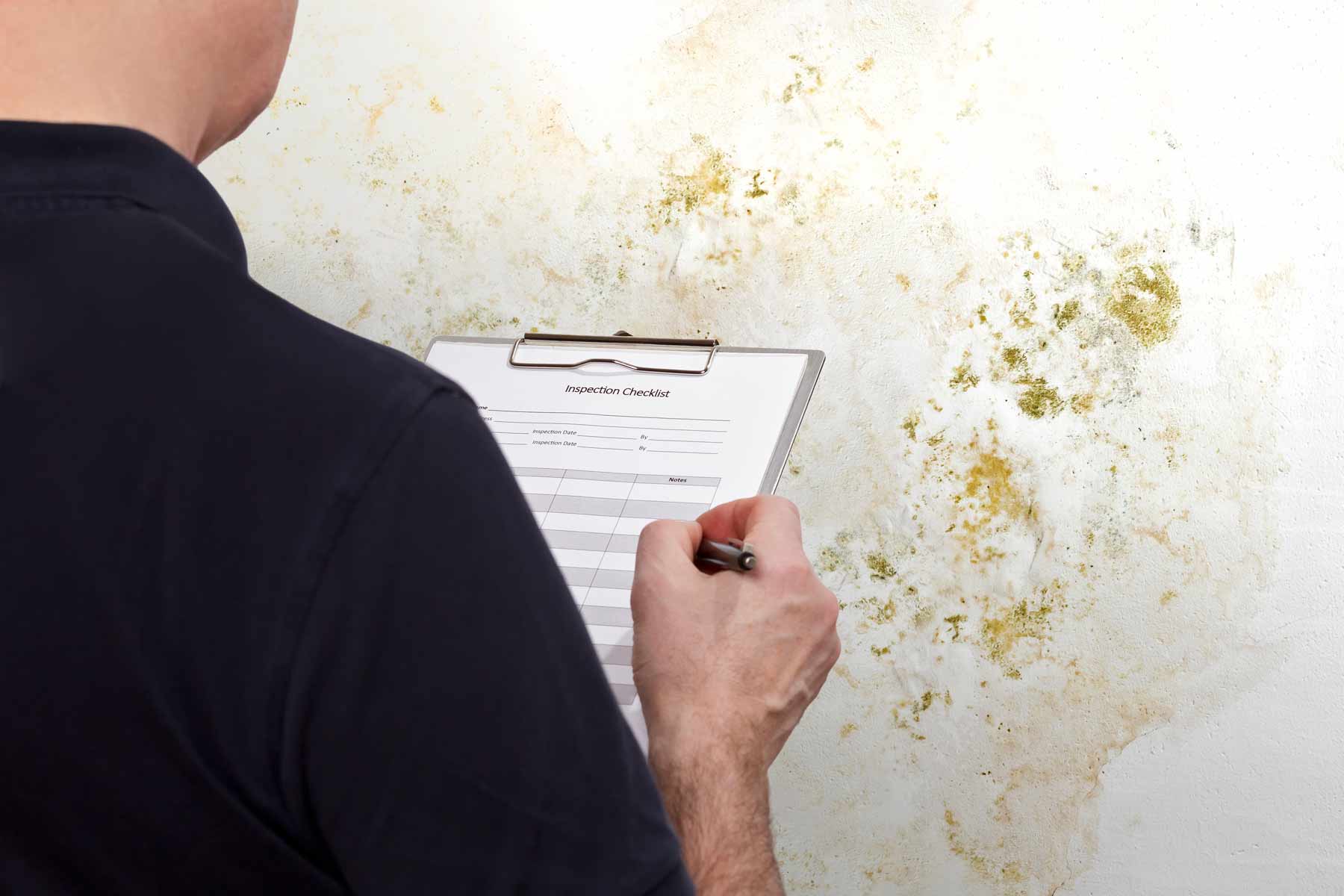
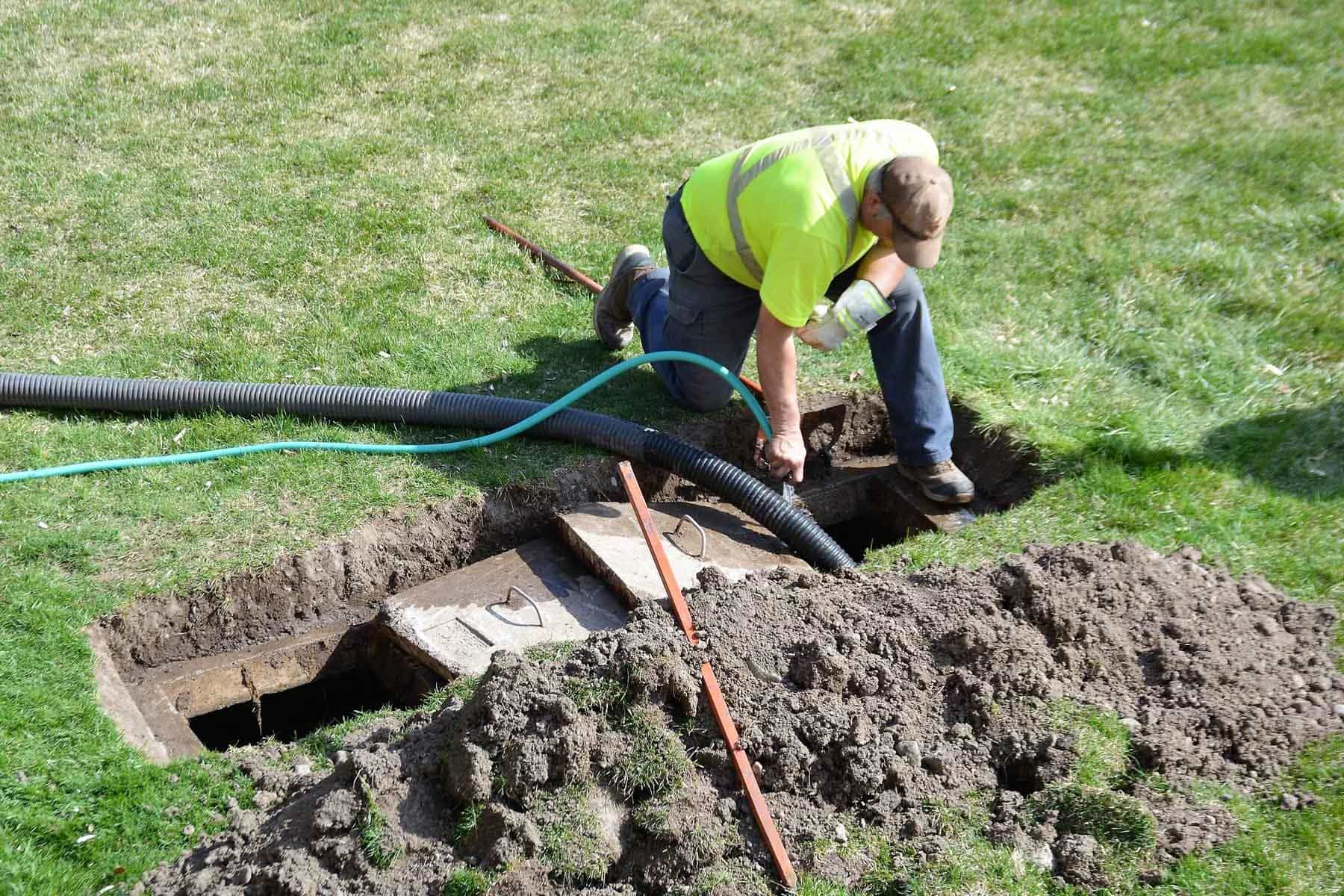
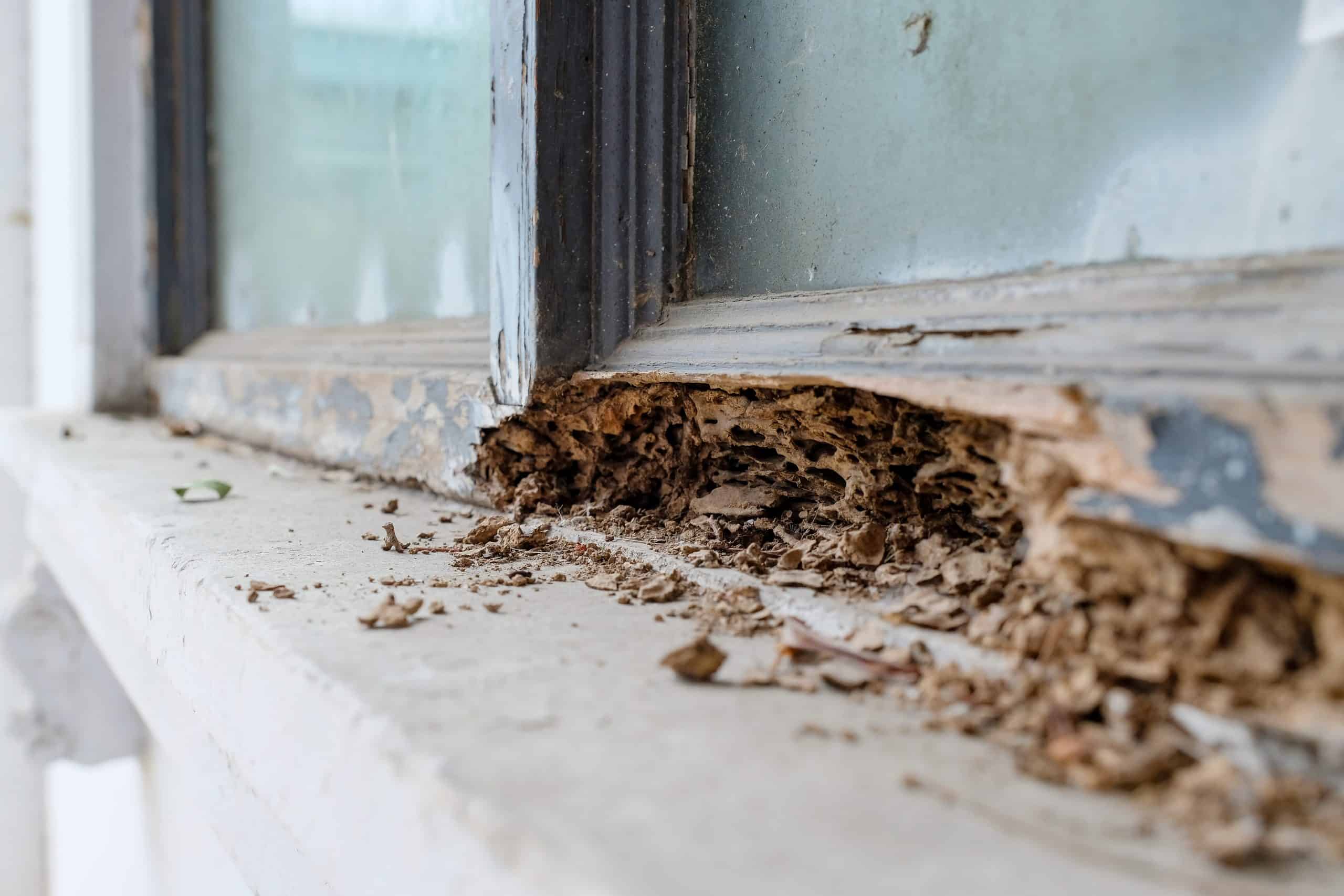

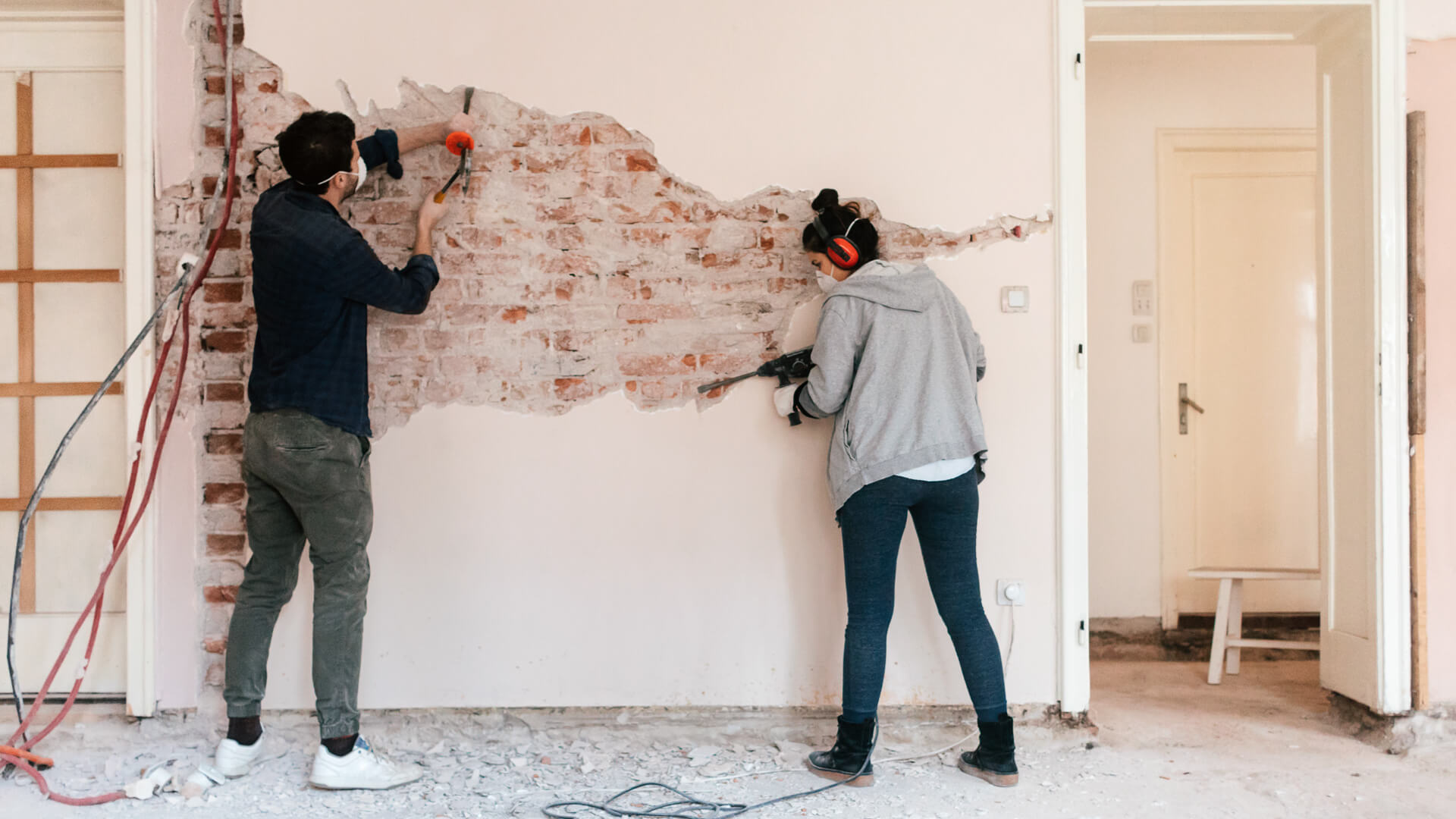
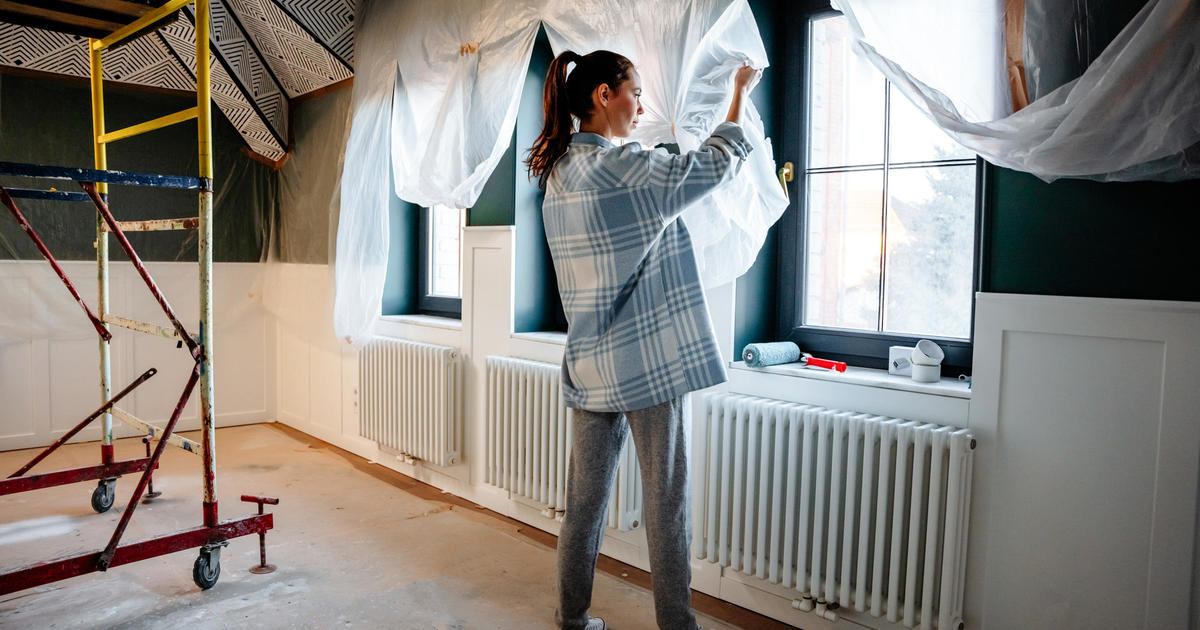
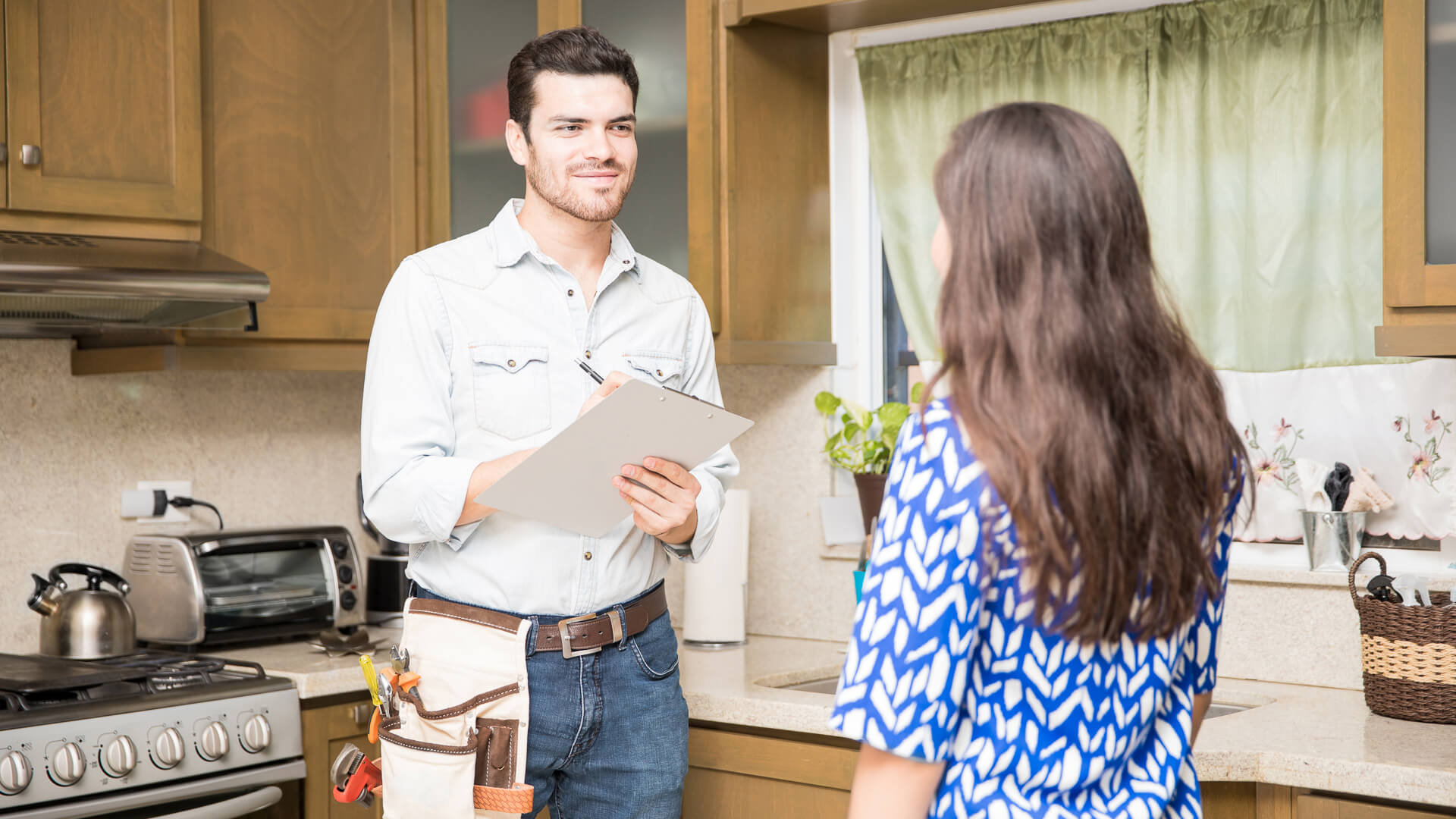

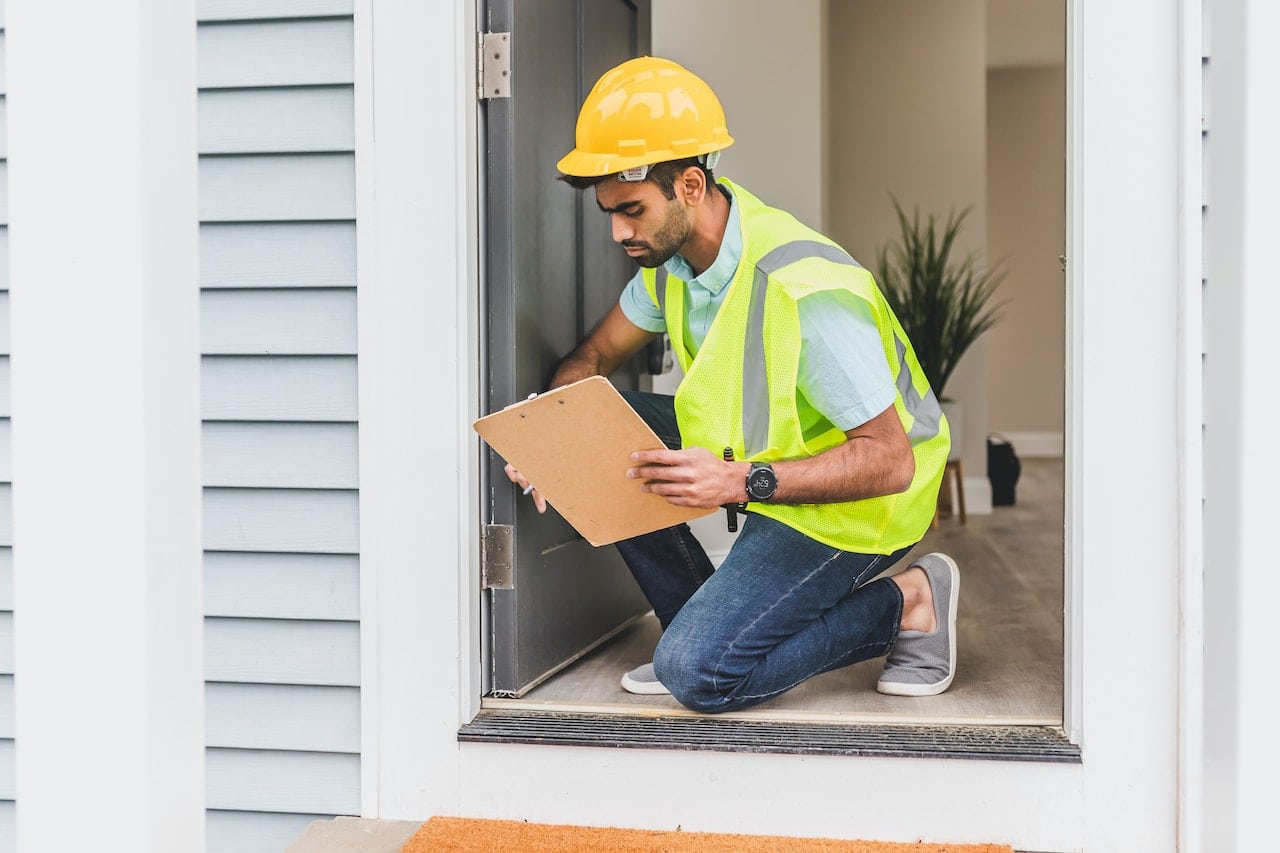

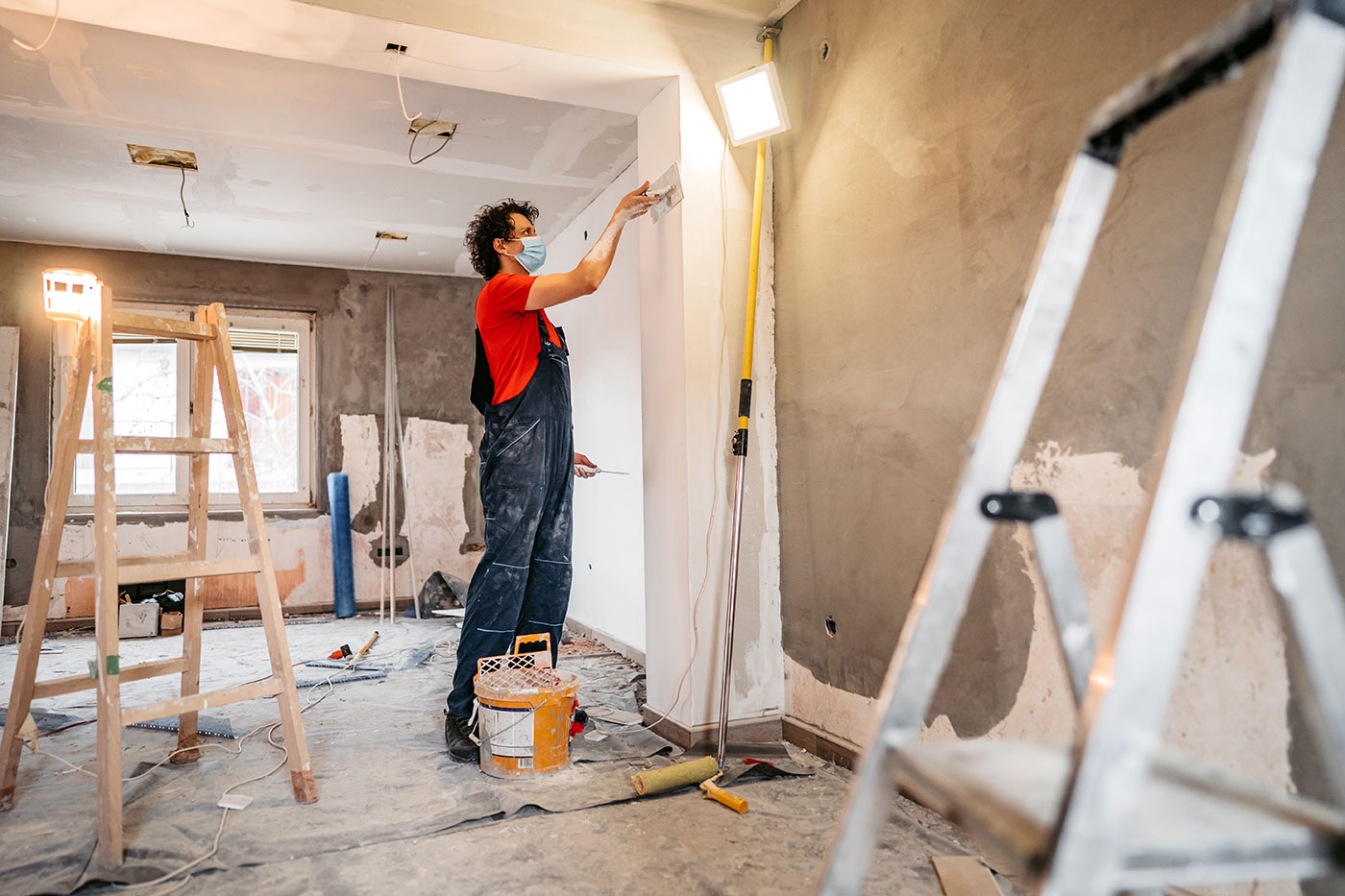


0 thoughts on “Home Inspection Repairs: Who Pays”